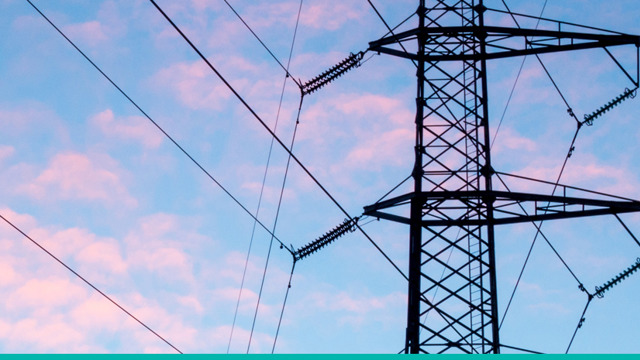With National, ACT, and New Zealand First signing coalition agreements on 24 November 2023, the direction of travel for the country's energy policy is becoming clearer.
Recognising the need to electrify the economy, the new Government's policies indicate a strong intention to stimulate investment in the electricity distribution network through changes in resource management and regulatory regimes.
New Zealand's 29 electricity lines companies provide and maintain approximately 150,000 kilometres of power lines from the national transmission grid to customers. Lines infrastructure will, of course, be vital to increased electricity reticulation and the functioning of a smart grid, so lines companies are a key player in New Zealand's renewable energy future. We have considered how the Government's policies on investments by lines companies could further facilitate a quicker transition to renewable energy.
Key policies
Policies in the new Government's coalition agreements include:
- Developing a National Policy Statement for Distribution under the Resource Management Act 1991 to simplify building lines infrastructure, including poles, lines, transformers and substations.
- Removing the need for resource consents for upgrades to lines, within limits, and speeding up consent issuance for transmission and local lines, extending durations and setting minimum lapse times for consents.
- Updating the Commerce Act 1986 and associated regulations for cost recovery of regulated infrastructure.
- Creating an information disclosure regime to monitor and ensure reasonable connection costs.
- Under the National-New Zealand First coalition agreement:
- investigating the threshold at which lines companies can invest in generation assets; and
- requiring the electricity regulator to implement regulations such that there is sufficient electricity infrastructure to ensure security of supply and avoid excessive prices.
How can these policies facilitate greater investment in renewable energy projects by lines companies?
-
Lines companies could have faster and more uniform consenting processes across the country. Faster and clearer consenting processes would enable the upgrades necessary to increase transmission capacity which, in turn, would support the development of new renewable energy generation projects.
-
Lines companies could be incentivised to invest more, including in anticipation of future demand, if the Commerce Act 1986 regime is updated to provide greater certainty and confidence that the cost of the investment will be recovered.
-
Community trusts that own lines companies could have a direct opportunity to invest in renewable energy generation at a greater scale, which may result in shareholders permitting more retained earnings within the lines companies for such investments.
-
This could further pique the interest of infrastructure and green investment funds to invest in lines companies, including to act as a vehicle to develop renewable energy generation – this could be a general investment into the lines companies or into special purpose joint venture vehicles for particular projects.
Interesting developments and potential opportunities – watch this space!
That's a wrap
That concludes our Energy Blog for 2023! Thank you for your readership and support this year.
If you have anything you want us to cover in 2024, please feel free to get in touch with Mei Fern Johnson or Breanna Morgan.
Meri Kirihimete and Happy New Year! Our Blog authors are off to the beach…



